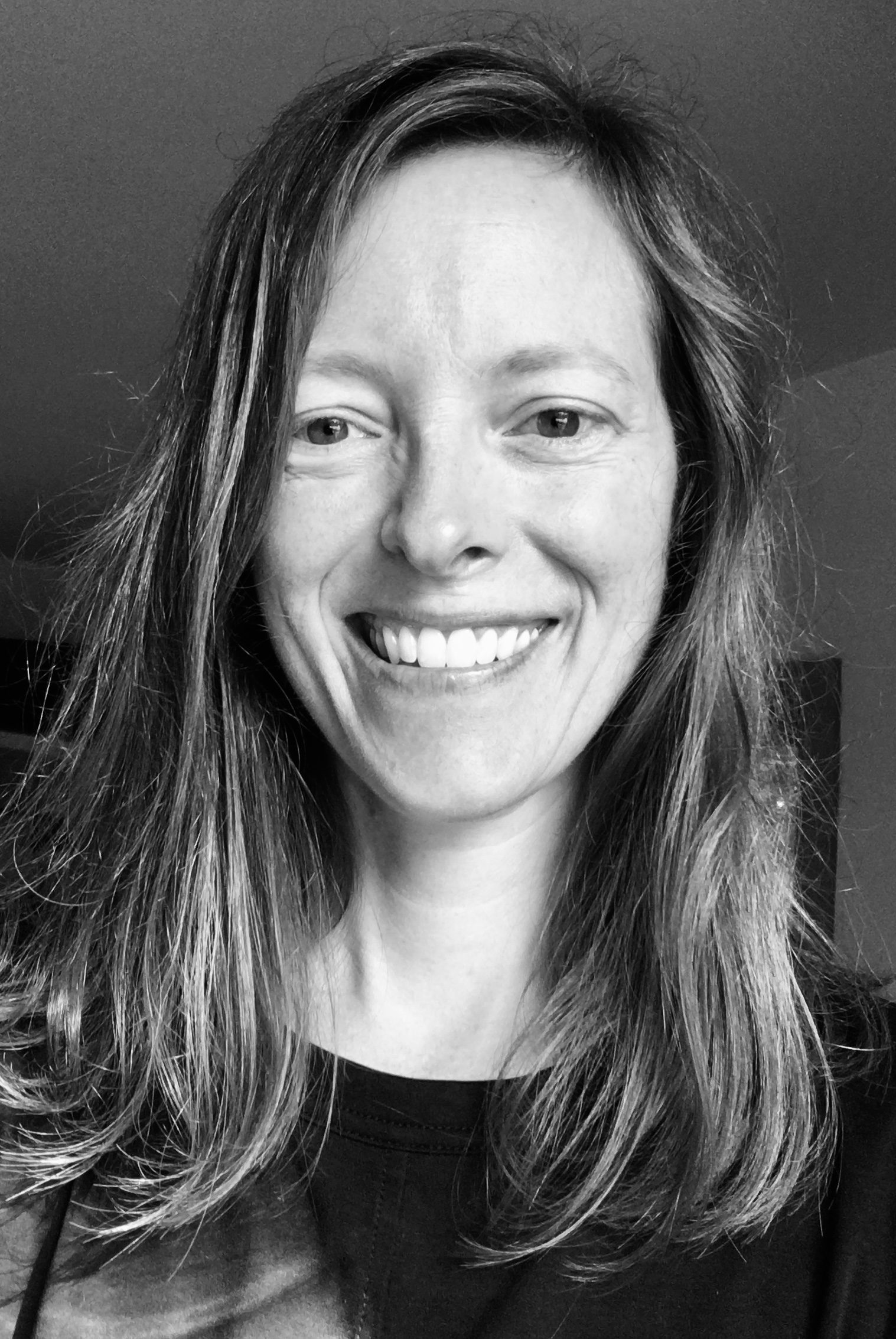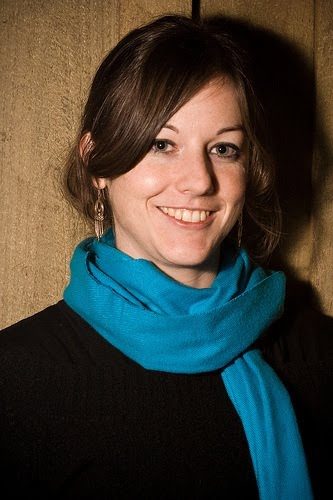Chris Nealon
Memorial gathering for Louise Glück
Williams College
November 13, 2023
The first things I learned from Louise Glück weren’t about poetry. She was my teacher in a Winter Study course on Karen Blixen in January 1987. We met in the living room of Dodd house, maybe eight or nine of us, and worked our way with her across four weeks through Seven Gothic Tales. I can’t say I ever became a devoted reader of Blixen’s work, but by the end of that month I knew I wanted to spend more time around Louise. She was an unnervingly penetrating reader – sometimes it felt like she wasn’t so much interpreting as harrowing the material for us – but she was also an extraordinary listener, with a gift that many of my teachers at Williams shared: a genuine curiosity, even an excitement, about what we were making of what we read. Since she died I have come across several descriptions of Louise’s love of teaching, how she stood out among poets for finding it energizing rather than a distraction, and I think we all felt that, arrayed on those lumpy couches.
Later, when I was lucky enough to take an independent study with her, I felt that excitement in wonderful, personal ways. I remember her eager expression when she handed me a copy of the selected poems of George Oppen – at the time an understudied poet, at least on the east coast – and told me to get back to her soon with my impressions. I remember confessing sheepishly that no, I’d never read any Henry James (I barely knew who he was) and watching not the judgement, but the delight suffuse her face: what adventures I was about to have! And she was right: I still think of her when I arrive at Isabel Archer’s long night of the soul in The Portrait of a Lady, its scorching probity, and when poor mousy Maggie Verver realizes that she’s been duped by Charlotte and Amerigo in The Golden Bowl and turns out not to be so mousy after all – I always hear her dawning indignation as a single drawn out oh hell no …
But I also remember that Louise loved The Turn of the Screw. A Gothic tale, like Blixen’s. I remember her delivering the Convocation address my sophomore year in Chapin Hall, and warning us that beginnings are not all they seem, that they are actually quite perilous, and concluding by saying she felt ambivalent bringing this news to us as though she were, in a phrase I’ve never forgotten, “the witch at the cradle.” But I think she enjoyed it. There are a lot of dead children in those first few books of poems. And witches, too – “come here, come here, little one,” says a crone to a guileless young wife in the poem “All Hallows,” which ends with the line, “and the soul creeps out of the tree.”
Creeps indeed! But it also makes you smile. I think Louise knew that there’s something campy about delivering bad news to the unsuspecting. And I’m pretty sure the way that campiness runs in tandem with the piercing beauty of so much of her language, with her uncanny sonic clarity – I’m pretty sure this combination is what has made her a close-to-the-heart favorite poet of so many gay men. Long before I ever encountered Frank O’Hara, and after I’d decisively rejected her suggestion that maybe Cavafy was the gay male poet I needed (he creeped me out, and not in a good way), it was Louise’s writing that helped me imagine what about sexuality I might explore in poetry. “There were no flowers in antiquity but boys’ bodies, pale, perfectly imagined,” she writes in a poem called “Hyacinth,” from The Triumph of Achilles – that book whose very title points us to the beauty and the devastation radiating out of a fatal love between two men. “What were the Greek ships on fire compared to this loss?” has the Iphegenian thunder of an opera diva’s cry. But this is also the poet who explains divorce to her dog in another poem by telling it, “Mommy’s too ironic—Mommy wouldn’t do the rhumba in the driveway.” It’s why my husband Rob still remembers our wooing all bound up with me eagerly reading him from her poems as we wandered through the AIDS Memorial Grove in Golden Gate Park, but it’s also why he loves to imagine her poetic persona as the invisible spirit of the disabused, hovering over some young couple in their first flush of love and going, [exhale cigarette].
As the years have gone by, I’ve come to feel that this mixing of modes enables Louise’s most powerful gift – her ability to correct herself in poetry, to change course – or, really, to show us that poetry is what happens when you undeceive yourself. This for me is when her poetry gives us contact with the holy, if the holy is where the creaturely and the cosmic are revealed to be inherent in each other, and where the deepest human error is revealed be to forgetting this. “I thought / that pain meant / I was not loved,” she writes in a poem from Ararat. “It meant I loved.” That address to the defeated, innocent child is also the tone in which she addresses the deity itself, where she becomes the child: “I am ashamed / at what I thought you were,” she writes in “Matins,” from The Wild Iris, “distant from us, regarding us as an experiment,” re-seeing nature as her “dear friend, dear trembling partner …”
That’s the catharsis in Louise’s poetry that I will never un-feel. Right now, when the creature in me has still not managed to let in the fact of her death, that particular beauty is what allows me to link the words and the lines that have blazed on the page for me since I was 18 to the person who wrote them, and who I loved. It re-opens the question that at fifty you think you left behind at twenty: can poetry teach you how to love? There’s a long tradition of doing so by acting out love in courtliness, extravagance, self-sacrifice. But what Louise makes so persuasive, as persuasive as a tremor in the ground, is the authenticity of discovering love – universal love, no less – after you’ve utterly lost contact with even its thinnest personal possibility.
The cadences, the person; the words that came from her, and the words that became her. I remember sitting in the audience at the Reading Between A and B series in Alphabet City on a summer evening in the mid-2000s as Louise read a then-new poem called “October.” The room was packed, mostly with young people. I loved their laughter, their familiar greetings, their poetry chatter. But by the time she reached the poem’s final couplets, the hush was entire:
From within the earth’s
bitter disgrace, coldness and barrenness
my friend the moon rises:
she is beautiful tonight, but when is she not beautiful?




